‘Great concern’: Fears grow as B. 1.1529 Covid variant rips through nation
As a new Covid-19 variant “of great concern” sparks panic across the globe, Australia is preparing to make “tough decisions”.
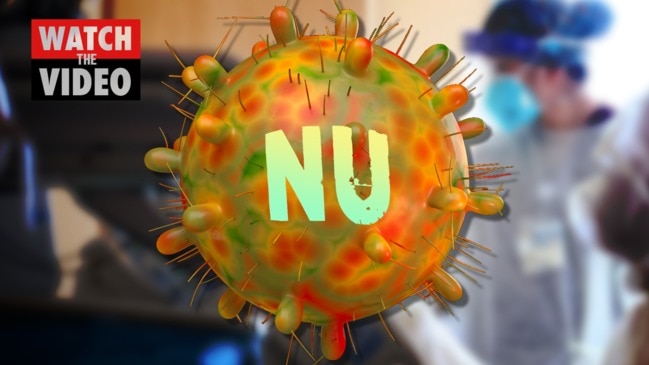
Experts have issued a chilling warning to the globe as a “worrisome” new Covid variant – tipped to be even worse than the Delta strain – threatens to cause fresh chaos.
Earlier this month, Dr Tom Peacock, a virologist at Imperial College London, sounded the first alarm over the new B. 1.1529 variant after posting details on a genome-sharing website.
He also revealed in a string of tweets that the strain, first detected in Botswana on November 11, had a “really awful spike mutation profile” and that the “incredibly high amount of spike mutations suggest this could be of real concern”.
Stay up to date with the latest on the new coronavirus strain on Flash, Australia’s biggest news streaming service. New to Flash? Try 14 days free >
Those 32 spike mutations have virologists on edge, as it means it could be harder for existing Covid vaccinations to combat the new strain.
In fact, Kereng Masupu, co-ordinator of Botswana’s Presidential Covid-19 Task Force, has confirmed in a statement that the new variant has already been found in vaccinated people in the nation.
Within days of the discovery, cases had spread to South Africa and Hong Kong, and now there are serious concerns as infections are tearing through South Africa at a rate of “1000 a day”.
Australian Prime Minister Scott Morrison told reporters this morning that the variant was under investigation and it was not yet a “variant of concern” although that could change.
“We monitor all of these variants, we note the responses that are made by other countries and we consider those in real time,” he said.
“What is more important is the best protection against any variants … is vaccination.”
Australia ready to ‘act quickly’
At a press conference on Friday morning, Health Minister Greg Hunt addressed the growing concerns posed by the new strain, telling reporters Australia was “well prepared and able to act quickly” if needed and that authorities were watching the unfolding situation closely.
He said at the moment there was “no change” to our borders, as there were “minimal” arrivals from South Africa, and that Australian health officials were working with the World Health Organisation to investigate the new strain.
“I asked the chief medical officer of Australia, Professor Kelly, this morning in our conference call to review the status of the potentially emerging variant. the B 1.15 29,” Mr Hunt said.
“If more action is needed, more will be implemented.”
He said the government remained “flexible”, but added he was not aware of any cases of the new variant in Australia and that recent arrivals from South Africa were undergoing quarantine in Howard Springs.
“The world is looking and learning about the strain,” he said.
“If the medical advice is that we need to change, we won’t hesitate – that’s what we’ve done as a country, whether it’s been closing borders, whether it’s been ensuring that there’s quarantine, our approach is to look at the medical evidence and to act fast, and we will continue to do that.
“Always, always through the pandemic we’ve responded, as we did with flights from India when there was an emergence of the Delta variant and a massive spike – at this point in time, there’s very little traffic directly between South Africa and Australia.
“We also happen to be very, very highly vaccinated now … and that’s a very different position from when the Delta variant emerged in India, but we will continue to be flexible and when tough decisions need to be made, we haven’t shied away in the past and we won’t shy away in the future.”
Mr Hunt also stressed the nation was facing a “very different” situation compared to when the Delta variant emerged form India, given our very high vaccination rate, and said at this stage, the new variant was “highly unlikely to affect the effectiveness of vaccines”.
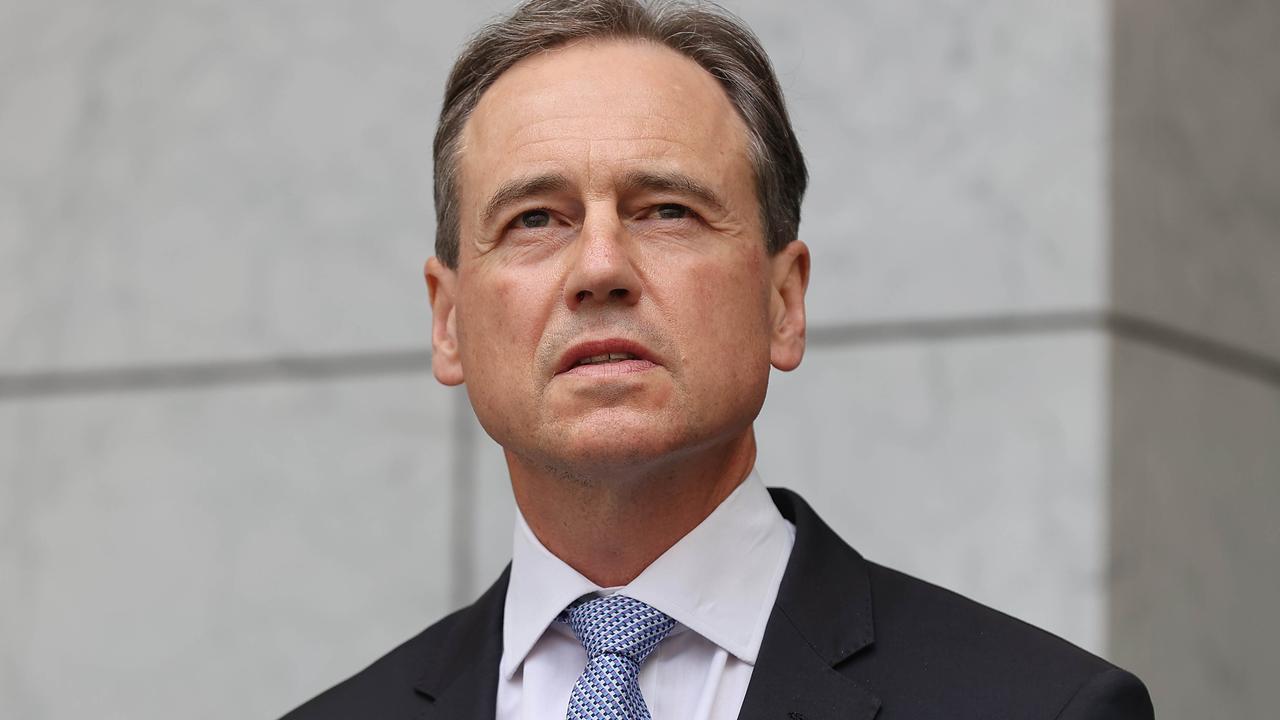
‘Urgent’ warning
The looming crisis is escalating rapidly, with South Africa’s health experts holding an “urgent” briefing yesterday.
Fronting the media, Health Minister Joe Phaahla revealed the new strain was spreading in the Gauteng region, although insiders believe it is probably present in other provinces also.
He said the emergence of the variant “reinforces the fact that this invisible enemy we are dealing with is very unpredictable”, news24 reports, and that the country was bracing for a fresh wave within weeks.
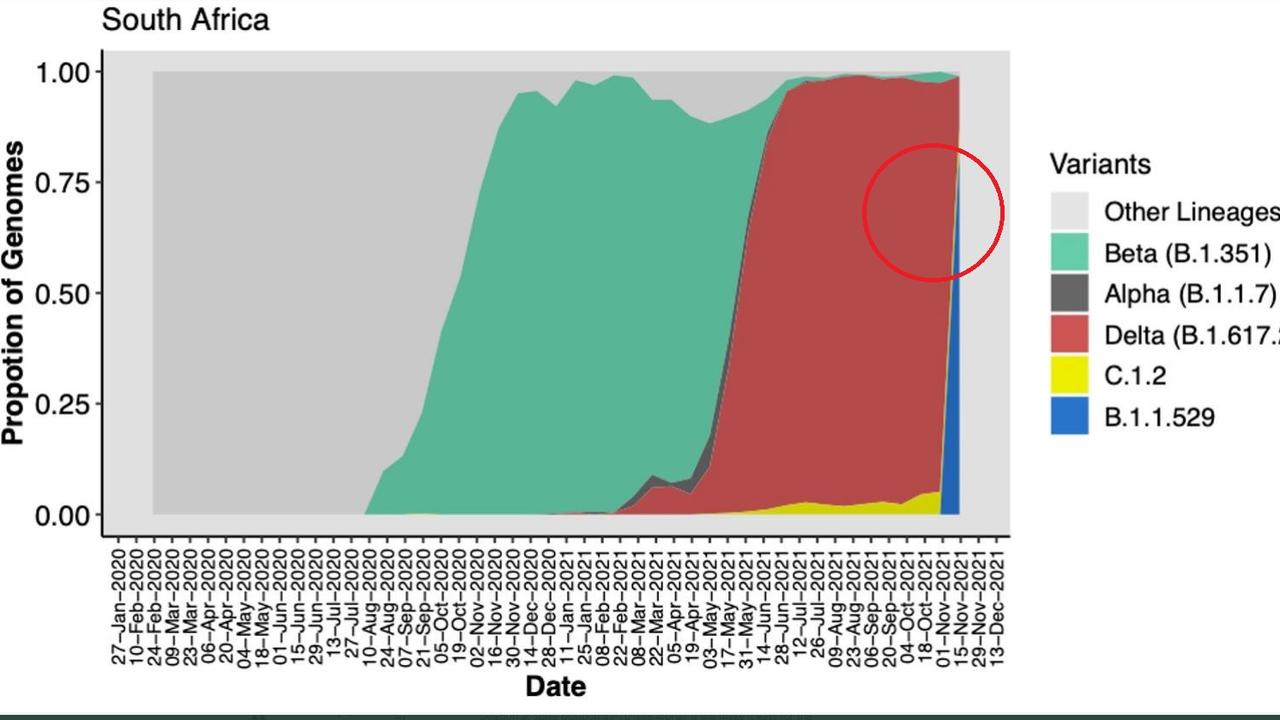
Tulio de Oliveira, director of South Africa’s Centre for Epidemic Response and Innovation (CERI), also spoke at the briefing, and said the high number of mutations were “concerning for predicted immune evasion and transmissibility”.
“It has many, many more mutations. We can see that the variant is potentially spreading very fast,” he told the press.
“We do expect to start seeing pressure in the healthcare system in the next few days and weeks.”
He told reporters B. 1.1.529 contained multiple mutations linked to increased antibody resistance, which could potentially limit the effectiveness of existing vaccines.
It also contains mutations which make it more contagious, as well as other unknown mutations unseen previously.
Prof de Oliveira also took to Twitter to reveal the “worrisome” variant was spreading very fast, with the new variant making up “90 per cent of the cases in Gauteng (at least 1000 a day)”.
Prof de Oliveira also begged the world’s billionaires and health organisations to provide financial aid to the nation in order to protect the variant from escaping and spreading across the planet.
“This new variant, B. 1.1.529 seems to spread very quick! In less than 2 weeks now dominates all infections following a devastating Delta wave in South Africa,” he posted.
“This new variant is really worrisome at the mutational level. South Africa and Africa will need support (financially, public health, scientific) to control it so it does not spread in the world.”
Because this variant (B.1.1.529) can be detected by a normal qPCR due to deletion at Spike position 69-70 (like Alpha), it will make it easy for the world to track it. We estimate that 90% of the cases in Gauteng (at least 1000 a day are this variant, due to qPCR proxy testing) pic.twitter.com/QFU7javFA9
— Tulio de Oliveira (@Tuliodna) November 25, 2021
‘Worst we’ve seen’
The new variant is such a significant cause for concern that the UK has already announced tough new measures in a desperate bid to stop transmission.
Health Secretary Sajid Javid revealed today that six countries would be added to the “red list” with flights from South Africa, Namibia, Zimbabwe, Botswana, Lesotho and Eswatini banned.
Travellers from those nations arriving before the ban kicks in will be forced to quarantine.
One unnamed health expert described the variant as “the worst one we’ve seen so far”, telling the BBC it had scientists on high alert.
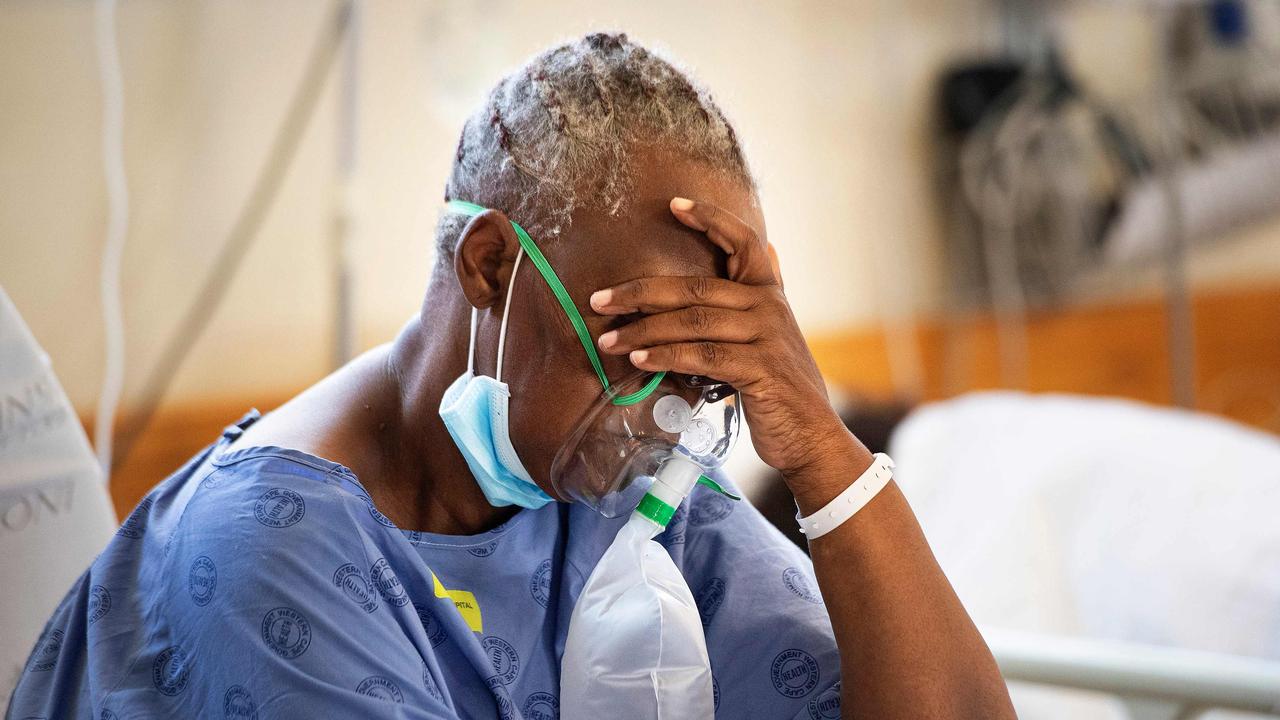
WHO’s emergency meeting
In yet another sign of just how threatening this new variant could be, the World Health Organisation (WHO) has called an emergency meeting to discuss how its emergence could impact vaccines and treatments.
“We don’t know very much about this yet,” WHO technical lead on Covid-19 Dr Maria Van Kerkhove said on a livestreamed Q&A.
“What we do know is that this variant has a large number of mutations.
“And the concern is that when you have so many mutations, it can have an impact on how the virus behaves.”
What we know about B. 1.1.529 variant
The B. 1.1.529 variant, first detected in Botswana on November 11, is expected to be dubbed the “Nu” variant, as that is the next available Greek letter.
At least three cases have so far been recorded in Botswana.
The first case in South Africa was confirmed on November 14, with infections now spreading rapidly throughout the Gauteng province.
A 36-year-old male traveller from Hong Kong, who was in South Africa from October 23 to November 11, later tested positive to the new strain in hotel quarantine on November 13, upon his return home.
More Coverage
Another guest in hotel quarantine later tested positive to the new strain as well, with Hong Kong authorities blaming the first case’s use of a reusable mask featuring exhaust valves for the transmission.
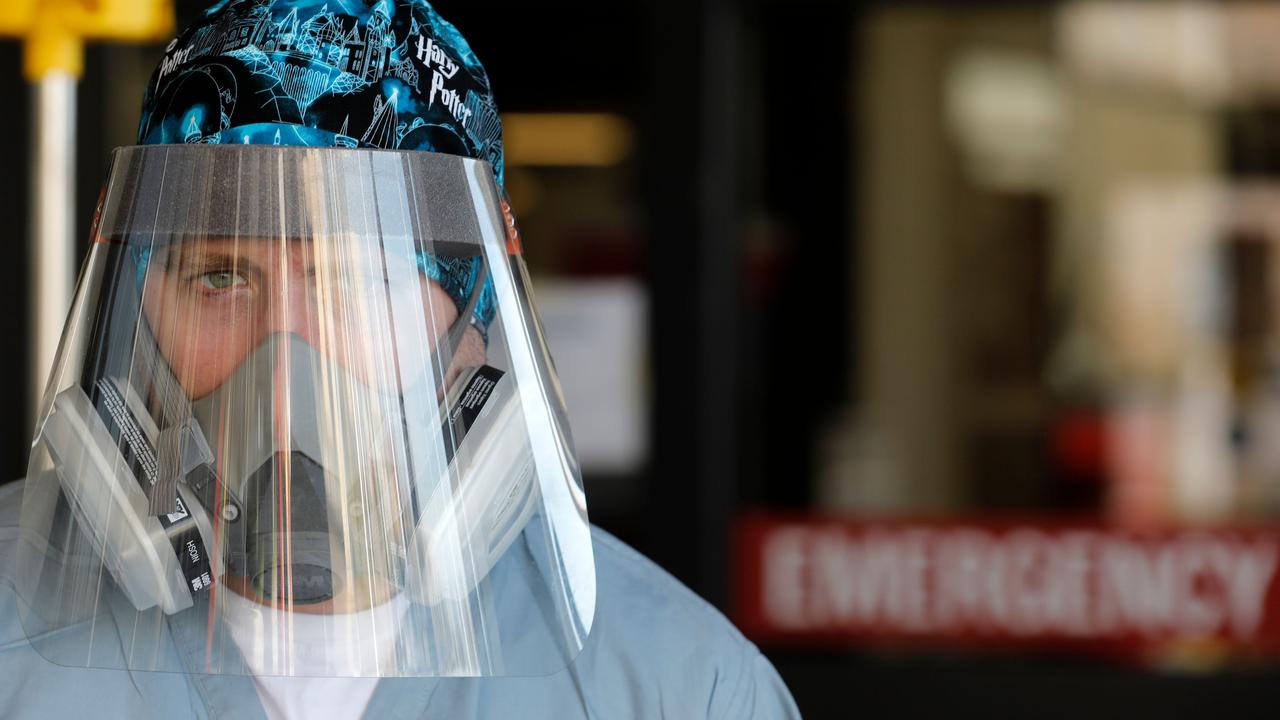
As a result, those masks – branded “selfish” by Hong Kong’s leading microbiologist, Yuen Kwok-yung, as they do not filter air exhaled by the wearer – have been banned from within hotel quarantine.
According to University College London’s Genetics Institute director Professor Francois Balloux, B. 1.1.529 likely evolved during a chronic infection of an immunocompromised person, possibly in an untreated HIV/AIDS patient.





